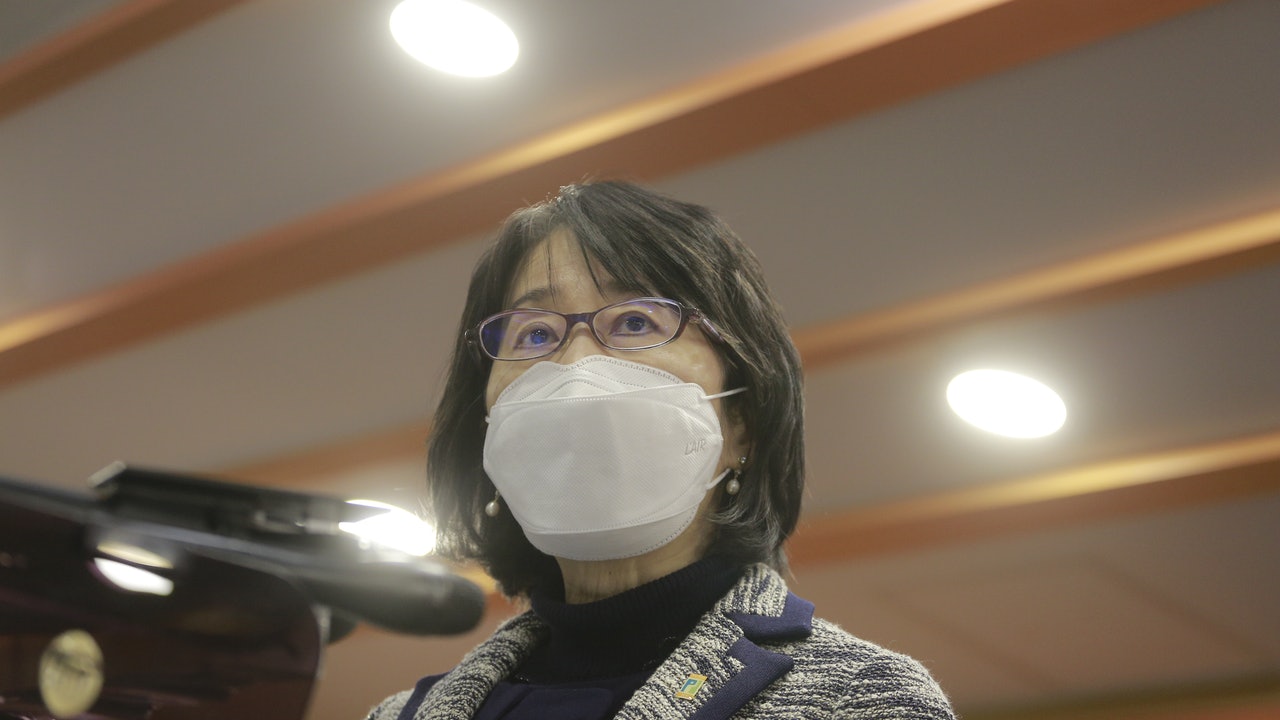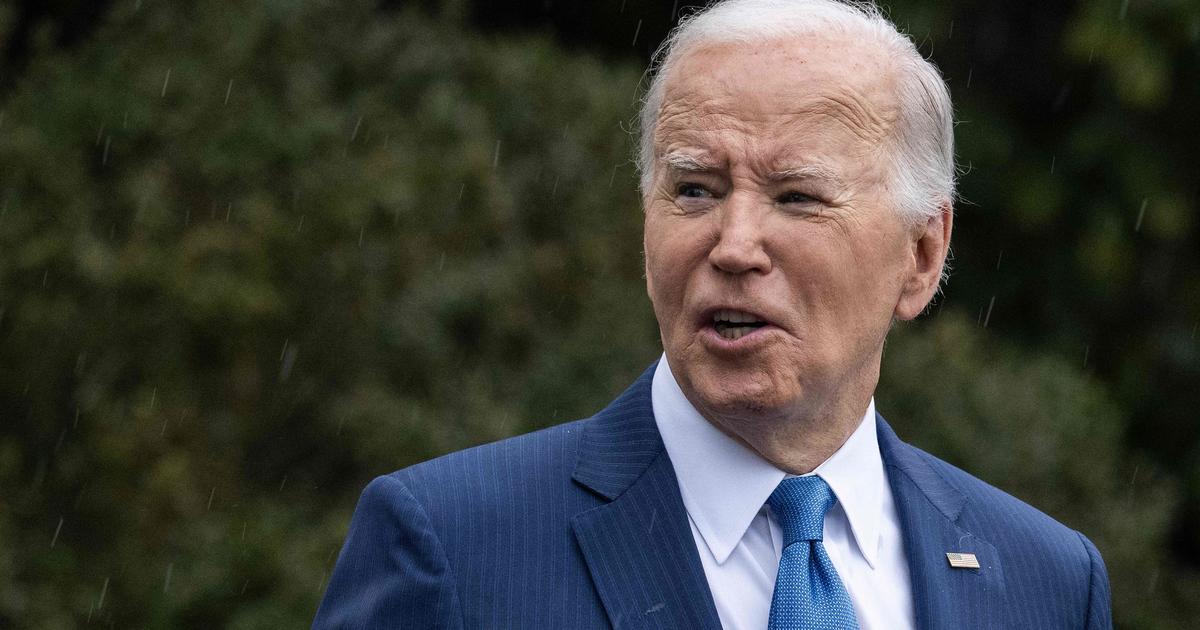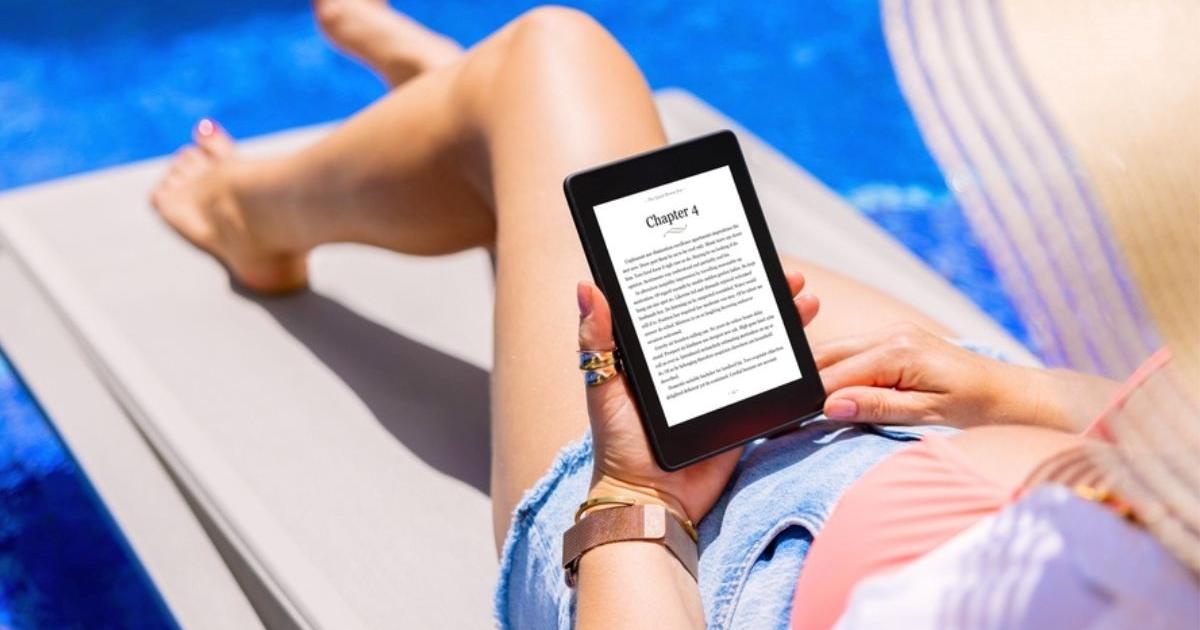Social News
Written by: Wei Jingquan
2021-04-20 08:00
Last update date: 2021-04-20 08:00
Personal Data Privacy Commissioner Zhong Liling published today (20th) entitled "Is there really a free lunch in the world?"
"The article pointed out that according to an opinion survey conducted by the Office of the Commissioner’s Office last year, 98% of respondents have installed instant messaging software. Personal information has been "monetized" when users register for an account or when they perform activities on the platform, and are often shared by service providers. Other people use it for different purposes, including sending targeted advertisements.
If users over-share information, it is easy to unknowingly disclose personal information that exceeds expectations.
Therefore, whenever there is a change in the privacy policy or terms of service, the user should clearly understand the details.
At present, people who enter most restaurants can choose to scan the "Travel with peace of mind" program or register their personal information.
Zhong mentioned that "travel with peace of mind" is compared with social platforms. The former requires "not even a quarter of the data access permissions than general social platforms!" She said that from the perspective of protecting personal data, using "travel with peace of mind" will It’s better to store the data in your mobile phone than to hand over the data to the operators in different locations every day.
Personal Data Privacy Commissioner Zhong Liling reiterated that the use of "Travel with Peace" will only store data on the user's own mobile phone.
(Photo/Photo by Luo Guohui)
At present, when entering most restaurants, diners can choose to scan for travel with ease or register their personal information.
(Information Picture/Photo by Zhang Haowei)
"Is there really a free lunch in the world?" "full text
Personal Data Privacy Commissioner Chung Lai Ling
The use of social media, including instant messaging software (hereinafter collectively referred to as "social media"), has become a part of Hong Kong people's daily life.
However, the risks they bring to the privacy of users' personal data cannot be ignored.
According to an opinion survey conducted by the Privacy Office last year, 77% of respondents have opened an account on a social media platform, and 48% use the social media platform every day.
In addition, 93% of the respondents use smart phones, and 98% of them have installed instant messaging software.
The more interesting finding is that among the respondents who have installed instant messaging software, 77% know that the software will look up the contact information on their phone.
Despite this, 35 percent of the interviewees believed that the relevant practices infringed privacy, while 34 percent believed that it was a serious invasion of privacy.
Is there really a free lunch in the world?
Although most social media do not charge any fees, users almost always have to provide or share their personal information, including information about their online activities and browsing habits, to relevant platforms or software in exchange for related services.
In fact, personal information has been "monetized" when users register for an account or when they perform activities on the platform.
In addition to being collected and used by service providers, these data are often shared by service providers with other people for different purposes, including sending targeted advertisements.
In the online world, the ability of platforms to track users may be staggering.
However, for merchants, by collecting user information and digital footprints, they can know exactly where to place advertisements.
If social media users over-share information, such as photos, daily life stories, location and opinions, etc., it is easy for social media users to unknowingly disclose personal information that exceeds expectations.
Annotating friends in posts or photos can even cause their personal information to be shared without others’ knowledge or consent.
Even if some seemingly irrelevant information is collected, it can also be used to analyze the user's personality, and even be used for cyberbullying, "bottom" and fraud.
In addition, personal data disclosed on social media can also be collected by criminals through "data scraping" (that is, using computer programs to collect data on a large scale on the Internet), and may be used in other criminal activities.
Recently, the personal information of more than one billion users of several social media platforms has been improperly disclosed, which is sounding a wake-up call for everyone.
According to police figures, Hong Kong’s technology crimes rose from more than 2,000 in 2011 to nearly 13,000 last year, an increase of more than five times.
Last year, the amount of losses involved in science and technology crimes was closer to HK$3 billion, which is a cause for concern.
Therefore, social media users must not assume that other users must have their own people, or simply believe their online self-introductions.
Users should beware of online scams, such as some proactive benefits, unusually well-paid job opportunities, and malicious hyperlinks that require users to log in or provide personal information.
During the epidemic, users should be especially careful with false information that concealed COVID-19 testing and vaccination.
In view of the aforementioned privacy risks, the Office of the Privacy Commissioner recently issued the "Guidelines for the Protection of Personal Data Privacy-Use of Social Media and Instant Messaging Software."
I call on social media users to be vigilant when conducting online activities.
First, before registering a social media account, users should check the privacy policy to understand how the relevant platform handles their personal data.
After completing the account registration, users should review the default privacy settings and make appropriate adjustments, such as restricting the disclosure of their personal data and the platform's permission to use their data, especially when it comes to facial recognition, location tracking, and online cross-platform tracking permission.
Whenever there is a change in the privacy policy or terms of service, the user should clearly understand the details in the subtitles, such as whether the change involves a change in the category of the user's personal information collected, and the purpose of using or sharing the personal information.
Clarifying this information can ensure that users knowingly and voluntarily decide whether to accept the relevant changes and continue to use the service.
When data leakage occurs on social media platforms, users should take measures as soon as possible to protect the privacy of personal data, including changing the passwords of social media and (if necessary) other platform accounts, enabling two-factor authentication for account login, and paying attention to accounts and personal emails. There is no unusual login history, and you should be alert when you receive unknown or suspicious calls, text messages or emails.
Finally, from the perspective of privacy protection, I would like to mention "Travel with peace of mind" by the way and compare it with social platforms.
I understand everyone's privacy concerns about "Traveling with Peace".
However, in the final analysis, "Travel with peace of mind" does not have a location tracking function. Users do not need to register personal data when downloading the application. The data access permissions involved in the application are four points compared to the permissions of ordinary social platforms. No one!
From the perspective of protecting personal data, using "Travel with peace of mind" to store data in your mobile phone is better than handing it over to operators in different locations every day.
LinkedIn user's personal data is suspected of being resold. Privacy Office: Hong Kong users may also be victimized
Clubhouse user information suspected of leaking Privacy Office: Knowing whether Hong Kong users are involved
FB Privacy Commissioner for Data Leakage: Platform users should change their passwords after conducting a compliance investigation
Facebook leaks 500 million account information, Privacy Office launches compliance review and calls on users to change passwords
Travel with peace of mind|Privacy Commissioner Zhong Liling: No reading of source code, no access to GPS, no tracking function
Media search│Privacy Commissioner encourages the government to increase transparency and balance news coverage
WhatsApp postpones users' acceptance of new terms and deadlines, Privacy Commissioner calls for explanation
WhatsApp changes its terms to force sharing of information with facebook Privacy Commissioner urges users to consider carefully
01News
Office of the Privacy Commissioner for Personal Data Travel with peace of mind app





/cloudfront-eu-central-1.images.arcpublishing.com/prisa/IAJ2IEL4MDY63GWO7GER2AP22E.jpg)



